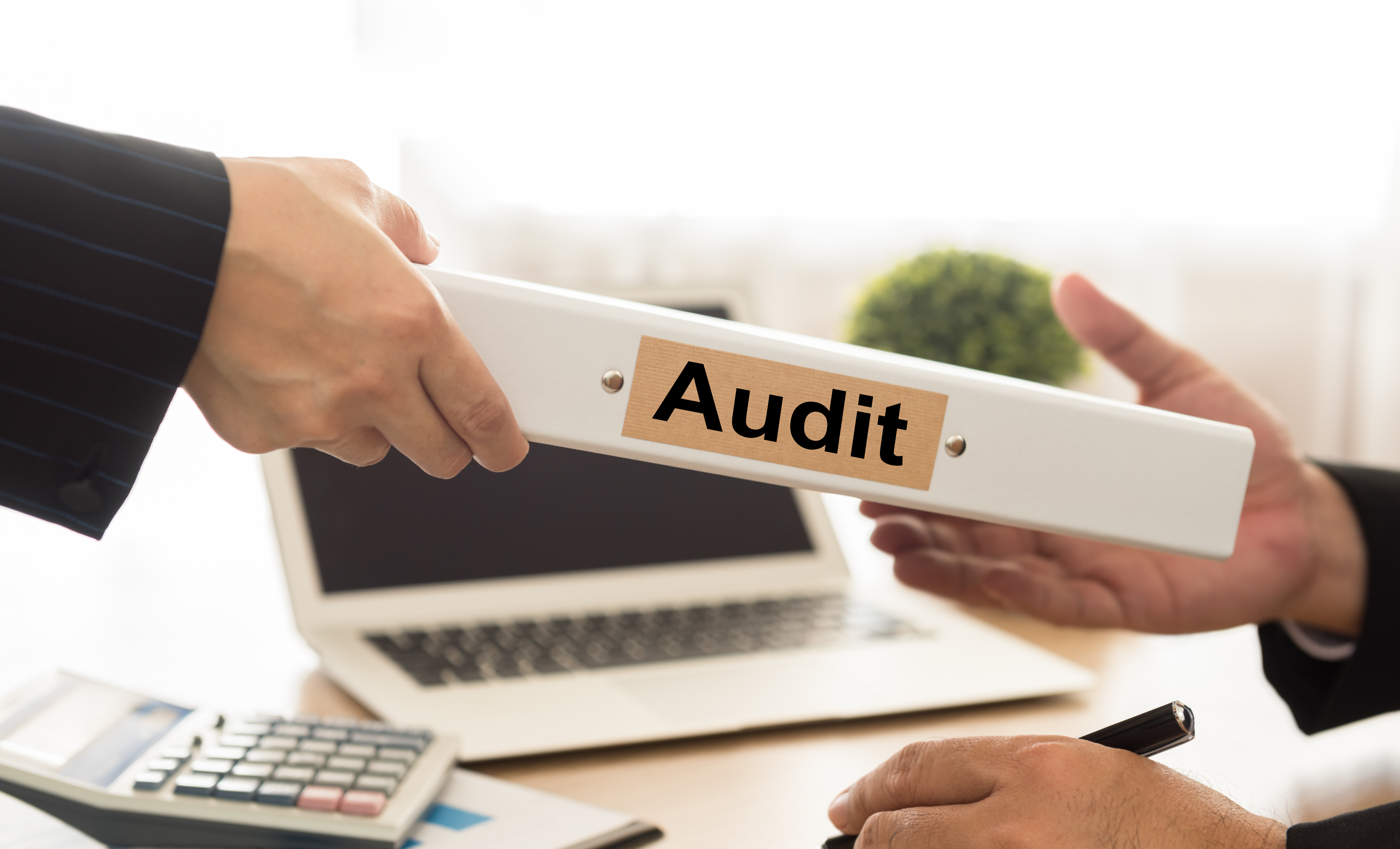Benefits of Supplier Quality Audits – How to plan efficient Supplier Audits

Supplier quality audits are the process of verifying that each of your suppliers is adhering to both industry standards as set by the law and independent organizations, as well as your own company and brand standards.
Audits are widely recognized as a pertinent part of doing business.
The most significant benefits from supplier auditing are:
- A Reduction of Risk.
- Better Contractor Management and Business Relationships with Suppliers.
- Expert Guidance on Safety and Sustainability Performance.
- Closer Alignment with Your Compliance Standards.
- Better Procurement Decisions
- Sustainable Business Practices
The supplier audit planning process includes the below steps:
Definition of the audit
Audit planning begins with the question, “Why is this audit being performed?”.Possible causes may be:
- Too many incoming rejections of material received from the supplier,
- Field failures of the supplier’s product,
- A new manufacturer introduced to the supply chain, or
- A change in product or service facility.
Selecting the audit team
Selecting an audit team is an important process. Details and concerns involved in team selection are specific to each audit type.
It is important that we define the type of audit and that we select representatives with the background to review each critical area. For example, if there has been an important change in the material components, we may want an engineer on our audit team who is familiar with the components and how the product is used.
The team must be involved in each step of the planning process. Audit team members must review all background materials for the audit and information received prior to the audit.
Establishing the audit objective
Audit requestors who have a clear idea of what Supplier Auditing can achieve can make audit planning easy by clearly stating what their expectations are for audit results.
Even when the stated audit objective is clear we need to complete research to firmly establish what can be accomplished with this audit program. This research should include:
- Your company history with the product.
- How is the product used? What is the product specification?
- Will this product save the Company money or improve safety?
- How critical is the product to your Company?
- Industry articles and reports.
- Past audit reports.
- How has the product failed?
- Number of alternative manufacturers qualified.
- Interviews with your in-house personnel about the supplier and the product.
Once you have reviewed the product and company history, the next step is to meet with the requestor and come to an agreement about the objective of the audit. A clear statement of the audit objective will assist the auditor in completing a checklist of items that must be completed prior to the actual audit.
Preparing the audit working documents
A decision on what type of audit working document will be used may be made well before any one audit is planned.
A set of auditing working papers can be created to facilitate your auditing evaluation program.
Audit survey materials, questions and other working papers should be prepared and ready prior to contacting the supplier to arrange the audit. The working papers should document sampling plans and sampling procedures to be used in the audit.
Scheduling the audit
Scheduling an audit is a lot more than selecting a date. Arrangements need to be made with the supplier and the Audit Team to make sure that all the participants will be available for the audit.
Executing the audit
The execution of the audit starts with the opening meeting and continues with:
- Document review.
- Site inspection.
- Generating audit findings.
- Preparing audit conclusions.
- Conduct closing meeting.
Process Engineering can support your organization effectively on suppliers auditing by:
- Preparing suppliers risk-based audit program.
- Preparing criteria for suppliers’ evaluation, selection and monitoring.
- Executing suppliers audits, and
- Reporting on findings and closure of audit,
and ultimately reveal potential risks and consult on their mitigation, in order to improve customer satisfaction and build communication with suppliers.
For more information, please contact Process Engineering’s technical department.
SEARCH
Clients
find us
- 64, Apostolopoulou Str. 152 31 Halandri, Athens, Greece
- +30 210 6724258, +30 210 6724229
- Email PROCESS




